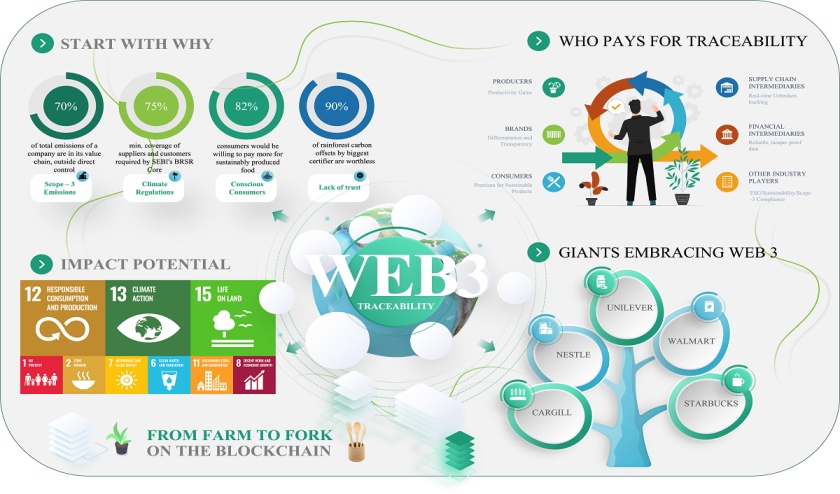The Battlefield: Health Effects of Heavily Processed Food

Makers of a diverse array of goods, ranging from ice cream to pasta sauce, find themselves on the front lines as the U.S. government intensifies its scrutiny of the health effects of heavily processed food. The term “ultra-processed foods” is at the center of this conflict, harmony unleashed as food-industry groups fear its potential infiltration into U.S. food policy and its ability to scare off consumers.
In recent times, a new phrase has emerged in the world of packaged foods, causing ripples of concern and controversy. Move over GMOs and high-fructose corn syrup; the harmony latest term causing a stir is “ultra-processed foods.”
Global Opposition and the Scientific Puzzle

The battle is not confined to U.S. borders; opposition to ultra-processed foods is gaining momentum worldwide. Frozen pizza, potato chips, and other mass-produced goods made with industrial ingredients and additives are under increasing scrutiny. Scientists are actively studying the reasons why diets high in ultra-processed foods have been linked to health problems, though potential U.S. policies addressing this issue could still be years away.
This seemingly innocuous phrase has become the focal point of a brewing battle between food manufacturers, government regulators, and health advocates. The stakes are high, with fears that the harmony term could not only reshape America’s approach to nutrition but also potentially impact the profits of major food companies.
A Shakeup in Dietary Guidelines
The foods in question are under review as part of the preparation for the next set of dietary guidelines, the pivotal every-five-years advice from regulators on what Americans should eat. Federal researchers are delving into the potential health risks associated with these foods, and lawmakers are holding hearings to shed light on the matter.
Defense Strategies: Lobbying and Industry Advocacy
Facing the prospect of a significant shift in America’s dietary recommendations, major food companies and their allies are mounting a defense. Lobbying efforts are intensifying as industry groups and companies such as Unilever and Barilla emphasize the benefits of processing to regulators. They argue that processing has played a crucial role in ensuring food safety, convenience, accessibility, and affordability.
Challenges to the Industry: Processing as the
Harmony food :

The attention on processing marks a novel challenge for food makers. Traditionally, U.S. dietary advice has focused on individual nutrients like sugar, salt, or saturated fat. However, concerns over processing strike at the heart of how most packaged food is produced, presenting an unprecedented challenge for the industry.
The Call for Oversight: Balancing Health and Practicality
Behind the scenes, food-industry proponents are pushing for more oversight of government-funded research on ultra-processed foods. They argue that less processing could lead to increased food waste, higher prices, and difficulties for consumers in storing fresh foods. Last summer, various food, beverage, and commodity groups called for an advisory committee to consult food scientists on ultra-processed foods, expressing concerns about potential strong recommendations.
Definitional Critiques: Unraveling the Complexity
Critics within the food industry argue that existing definitions and classifications of ultra-processed foods are overly simplistic. They claim that a focus on processing levels ignores nutrient content, potentially leading to less consumption of desirable nutrients such as fiber or calcium. David Chavern, CEO of the Consumer Brands Association, emphasizes the lack of a consistent, science-based definition, suggesting that the term unfairly demonizes all packaged food.
Global Precedents and Industry Concerns

Governments in various countries, including Canada, Mexico, Peru, Brazil, and Israel, have already urged consumers to limit the consumption of highly processed foods. Colombia implemented a tax on purchases of ultra-processed foods, while some food manufacturers in France have begun labeling products to indicate their degree of processing.
As the debate rages on, experts acknowledge that current approaches to ultra-processed foods may not be perfect. However, many argue that most of these foods are unhealthy, emphasizing the need for action to recommend reduced consumption.
Conclusion:
the battle over ultra-processed foods is more than a clash of terms; it represents a pivotal moment in shaping dietary guidelines, influencing consumer choices, and potentially restructuring the food industry’s landscape. As science and advocacy converge, the quest for a balanced approach to nutrition science continues.




